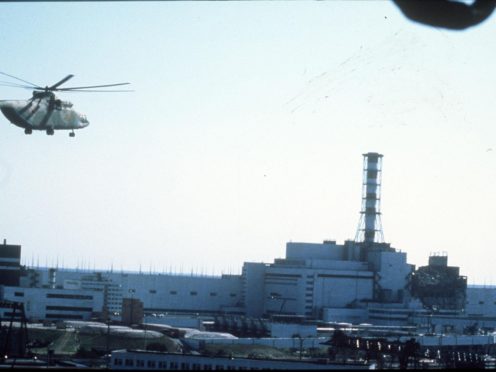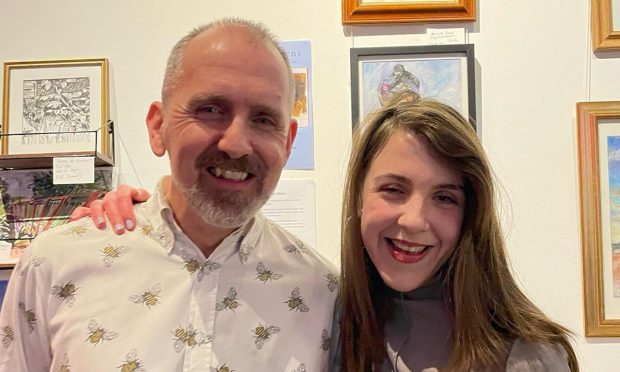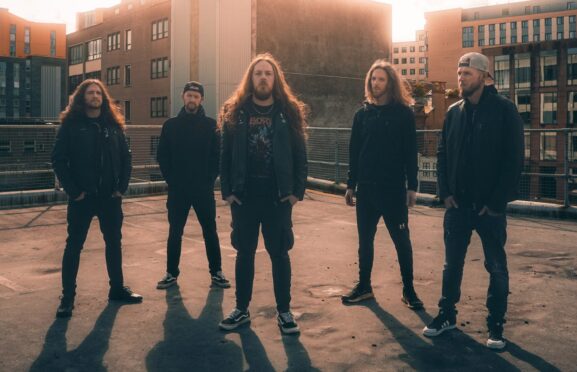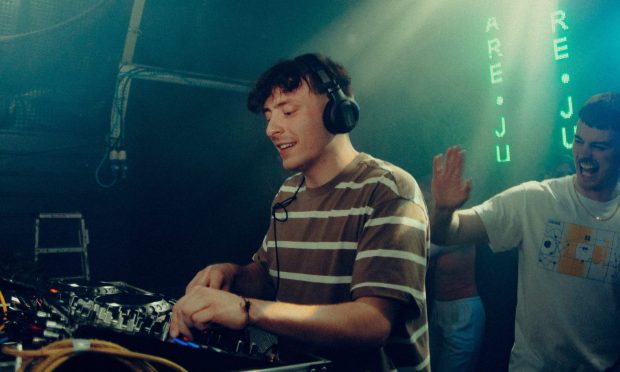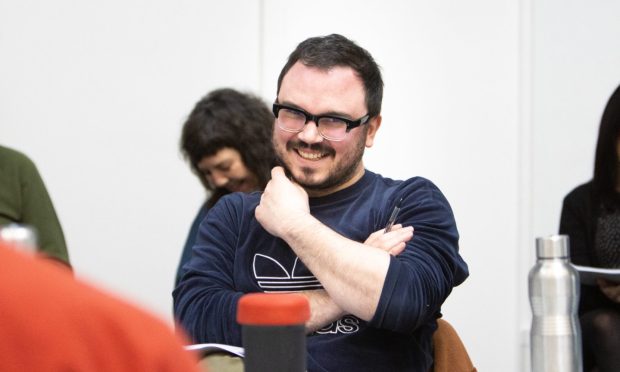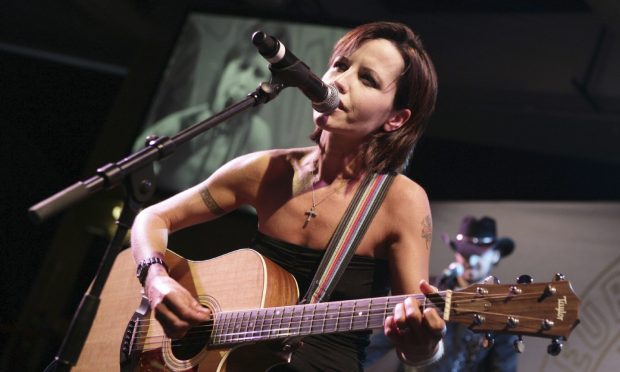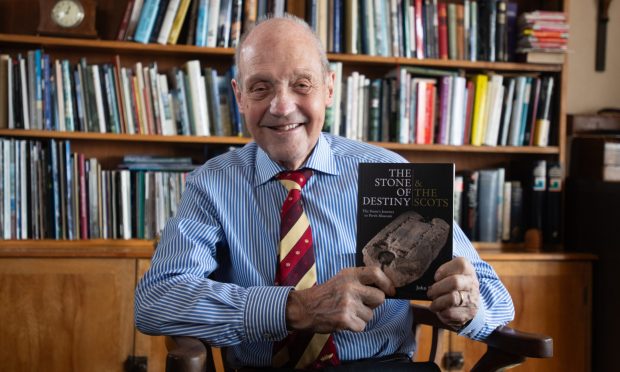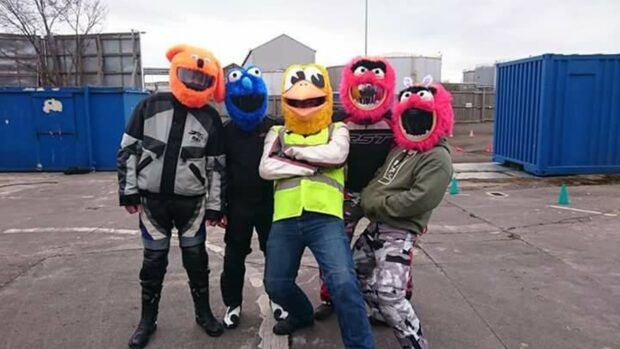A Harvard professor has won the £30,000 Baillie Gifford Prize for Non-Fiction for his account of the 1986 Chernobyl disaster.
Serhii Plokhy’s Chernobyl: History Of A Tragedy was praised as an “extraordinary account” of the incident.
Plokhy, a professor of Ukrainian history, grew up just 500km downstream from the ill-fated reactor.
He said: “We have to be super careful with nuclear energy because it was introduced into the world as the cleanest energy possible.
“Today with global warming there is again another attempt to bring it back as a solution to the problems that we have today with climate, and the lesson that I learned from looking at Chernobyl is that yes it is the cleanest energy as long as nothing happens.
“Once it happens it is the dirtiest energy in the world.”
The 2018 judging panel was chaired by The Economist’s culture correspondent Fiammetta Rocco.
She said: “Serhii Plokhy’s Chernobyl is an unprecedented retelling of a familiar disaster.
“This extraordinary account leaves you wondering: Could the narrowly missed nuclear Armageddon of Chernobyl happen again, with even worse consequences?
“It is a horror story – of political cynicism and scientific ignorance – in which the world was saved only by heroism and luck.
“This extraordinary account leaves you wondering: could the narrowly missed nuclear Armageddon of Chernobyl happen again, with even worse consequences?”
Mark Urquhart, partner at Baillie Gifford, said: “We are delighted that Chernobyl has won the 2018 prize.
“This cautionary tale feels extremely relevant to a world grappling with global energy issues and deserves to be widely read.”
The Baillie Gifford Prize for Non-Fiction is open to books in the areas of current affairs, history, politics, science, sport, travel, biography, autobiography and the arts.
